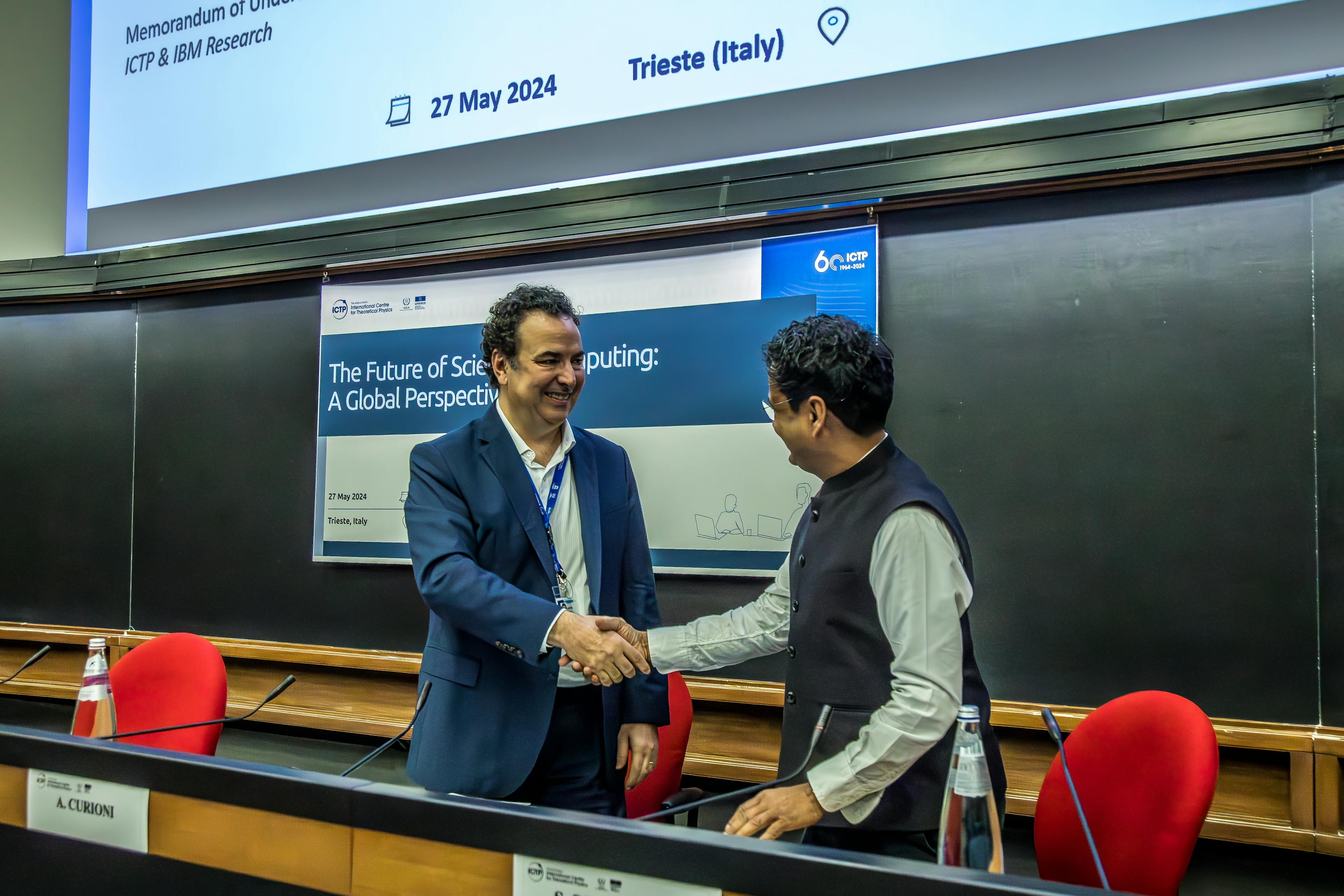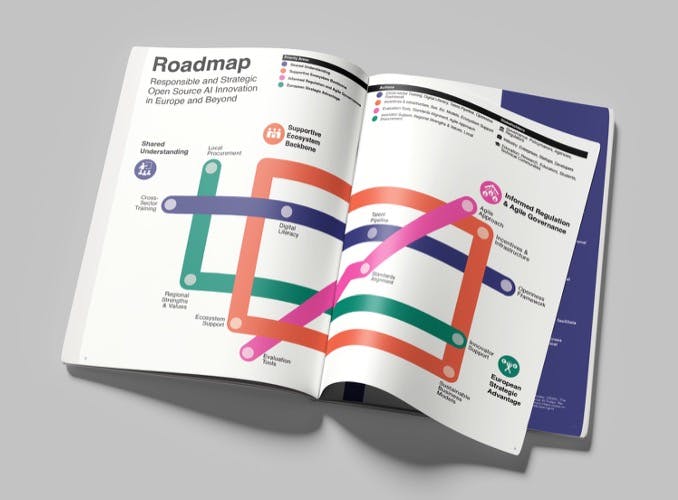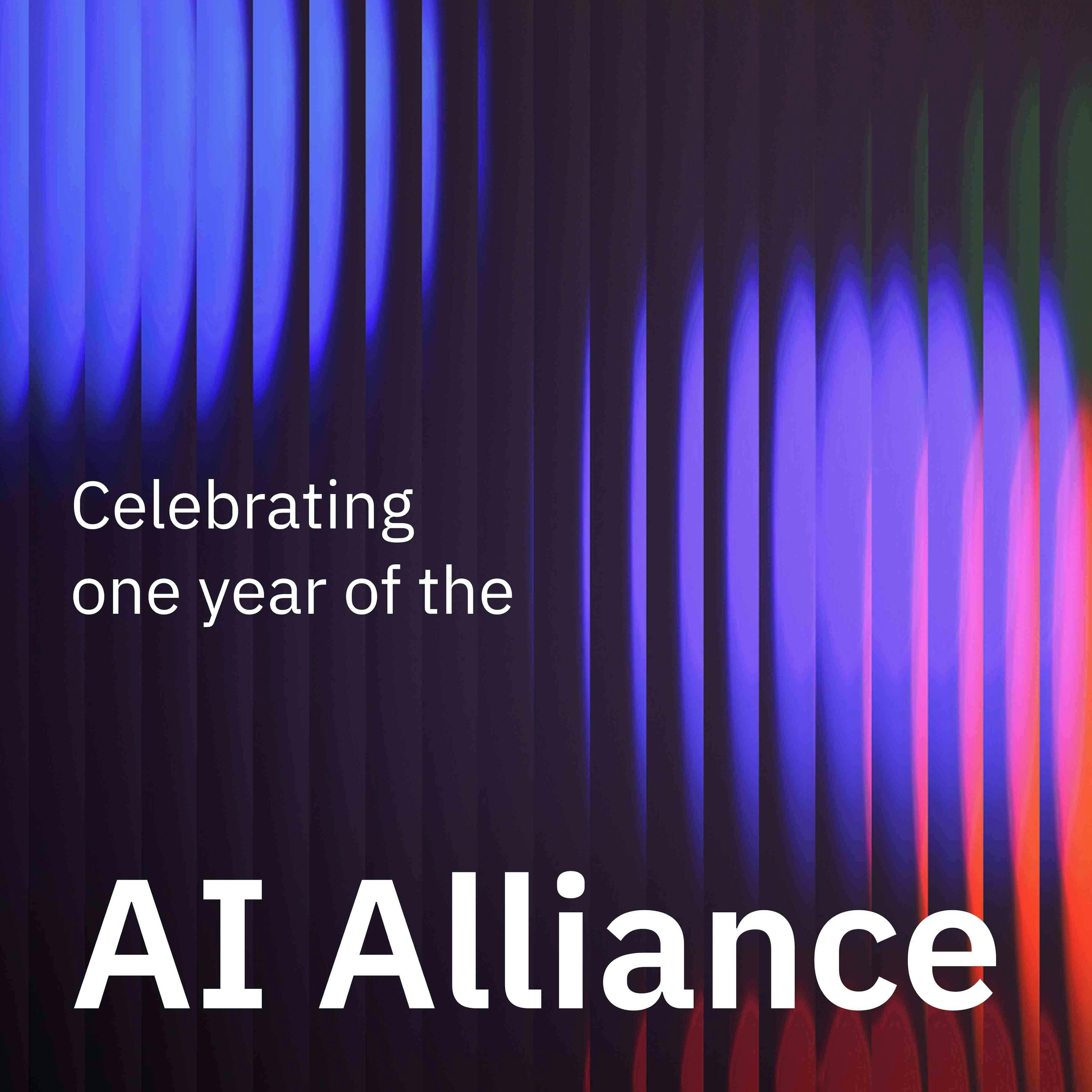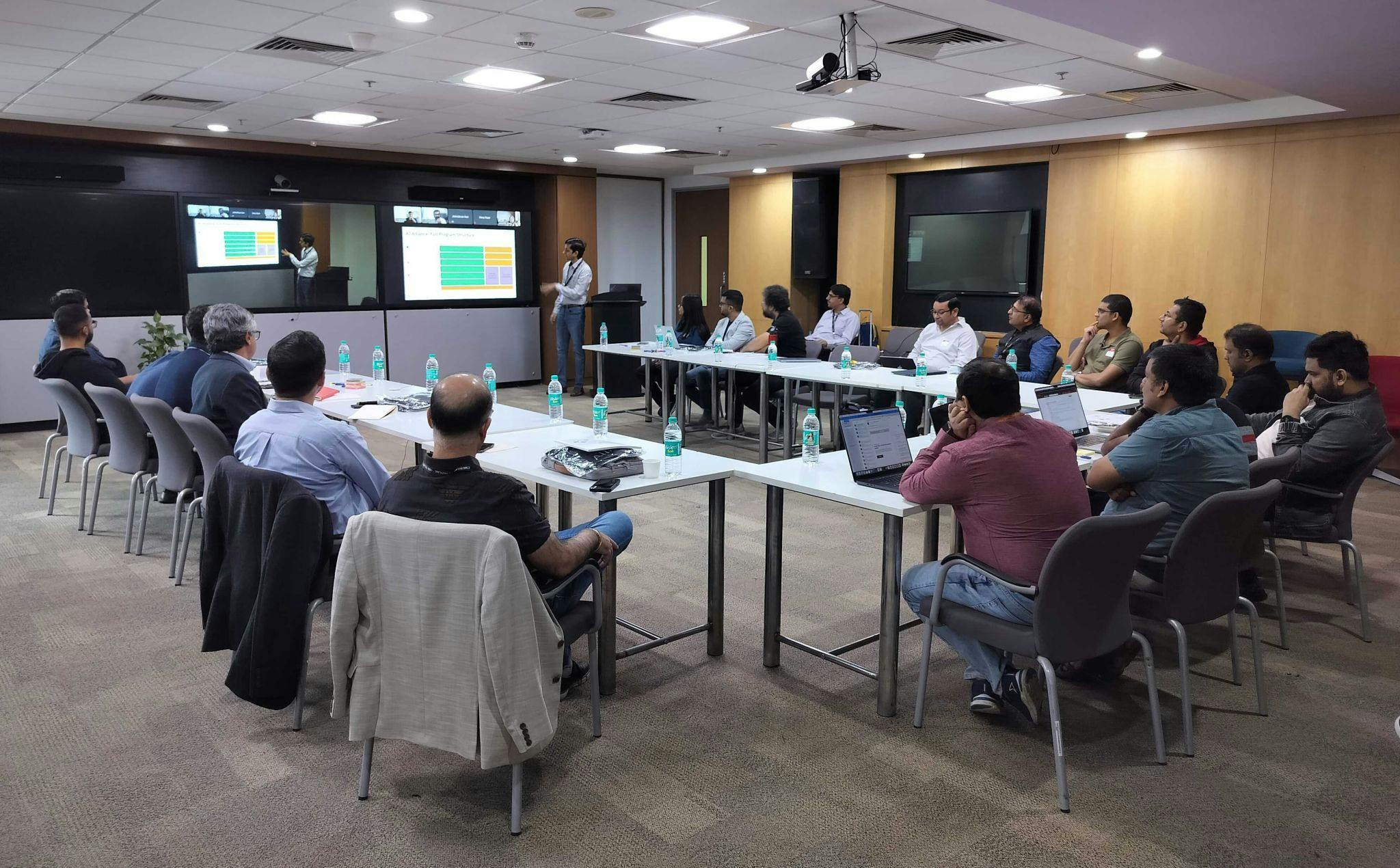By Mary Ann Williams, ICTP
Ongoing progress in Artificial Intelligence (AI) holds the potential to transform science and help humanity solve complex global challenges. Recognizing the impact that research in AI is going to have on science and society at large, the Abdus Salam International Centre for Theoretical Physics (ICTP), a member of the AI Alliance, has launched a new prize for researchers in AI – the AI for Science Prize, aimed at acknowledging major contributions in this field.
The prize, which is an AI Alliance affiliated project, is supported by a five-year sponsorship by IBM. AI Alliance affiliated projects are initiatives that one or more AI Alliance members identify as aligned to the organization’s mission and exist as part of the broader AI Alliance ecosystem. The prize will be awarded to scientists or research teams who have made significant contributions to an open approach to AI and science, recognizing the excellence and originality of their approach to research, subject to participation terms and eligibility requirements. The intent of the prize is to recognize outstanding scientific contributions of individuals and/or teams in theory, algorithms, or applications related to an open approach to AI.
The AI for Science Prize will first be awarded in 2025 and will include a monetary award.
“The launch of this prize reflects a growing interest at ICTP in activities on AI, quantum and high performance computing and a clear need to make the latest developments on these topics broadly accessible to the global scientific community. This is in line with ICTP’s role in the AI Alliance,” ICTP Director Atish Dabholkar commented.
Celebrating its 60th anniversary in 2024, ICTP is a unique institution that explores fundamental scientific questions at the highest level, promotes active engagement with scientists in developing countries, and advances international cooperation through science.
The new AI Prize is one of several initiatives ICTP is taking to reduce the global divide in scientific computing. On 27 May, the same day the prize was announced, the Centre launched its International Consortium for Scientific Computing (ICOMP) at its international symposium on the future of scientific computing that attracted leading scientists and technology experts from around the world.
ICOMP's mission is to close the gap between rich and disadvantaged regions of the world in harnessing the potential of computational sciences and making it available to all. It will provide scientists from around the world with an integrated platform to exchange information, access resources, receive training, and contribute to the advancement of the rapidly evolving and expanding research field of computational sciences. ICTP's historical strength in the field of scientific computing, combined with its global scientific network, make it ideally positioned to lead these global efforts.
"AI has the potential to radically change the way science is done, and by joining this Alliance we will ensure that our large international network of scientists have open access to the latest in AI innovation, training and governance, regardless of geographical borders."
ICTP's involvement in the AI Alliance further underscores its mission. "We share a commitment to exploring new scientific horizons and to sharing new knowledge openly," explained ICTP Director Atish Dabholkar, adding, "AI has the potential to radically change the way science is done, and by joining this Alliance we will ensure that our large international network of scientists have open access to the latest in AI innovation, training and governance, regardless of geographical borders."
One of ICTP's key contributions to the Alliance will be sharing knowledge and resources about AI with developing countries. "For AI to benefit people and societies worldwide, the growing divide between the global South and North on the ability to develop open AI technologies must be reduced," said Sandro Scandolo, ICTP scientist and Senior Coordinator of the Centre's Research and Partnerships. "ICTP will expand its capacity-building efforts to ensure that scientists in the developing world stay up-to-date on the latest development of this rapidly evolving field."
To that end, ICTP plans to host several international conferences, workshops, and schools dedicated to AI and related issues. For 2024, these include an Advanced School on Applied Machine Learning, a Workshop on Machine Learning on Low-Power Devices, and a School and Conference on Frontiers at the Intersection of Quantum Simulation and Machine Learning. In announcing their support of the AI Prize, IBM also pledged to support ICTP in these training activities.
ICTP continues to explore the use of AI in its physics research. The Centre's Quantitative Life Science section has used AI and Machine Learning in their research to teach mechanical gliders to soar like birds or to explain an unusual behavioural trait of vampire bats that could be transferred to cooperative robots. Researchers in ICTP's Science, Technology and Innovation unit have developed expertise in machine learning models that, instead of running on very powerful computers, run on very small and cheap microcontrollers, making the technology accessible to scientists in developing regions.
With the new AI Prize to keep their eyes on, researchers from around the world, and particularly those who benefit from ICTP's noble mission, have a new incentive to embrace this exciting technology for the advancement of science, and for the betterment of humanity.



